VLV’s 2018 Autumn Conference featured some of the most high profile decision makers in UK television. Tim Davie, CEO of BBC Studios, started the day and explained how BBC Studios makes a crucial contribution to the UK’s public service broadcasting system.
Session 1: Tim Davie, CEO BBC Studios
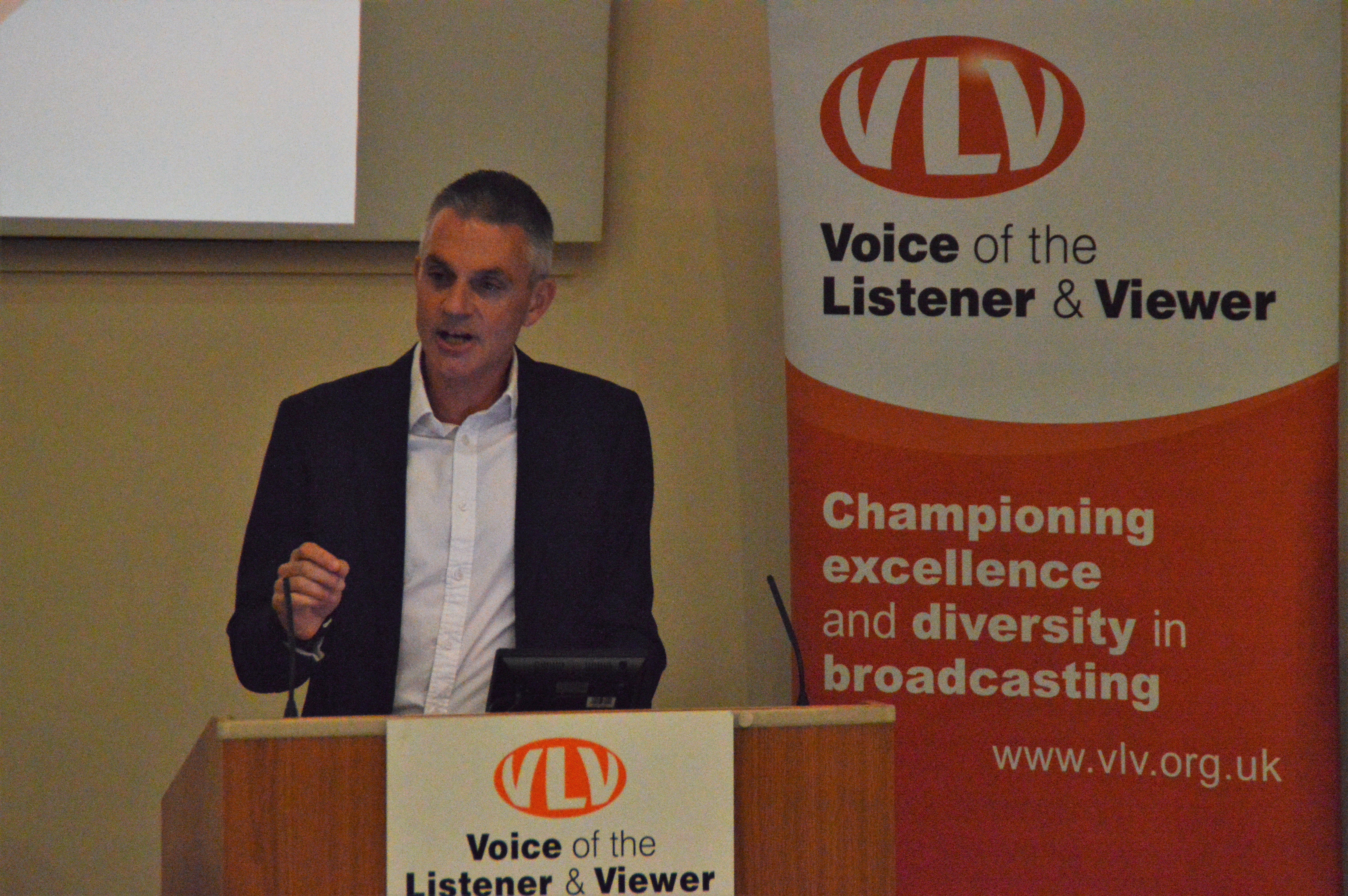
Tim Davie, CEO of BBC Studios, started the day and explained BBC Studios’ contribution to the UK’s public service broadcasting system. BBC Studios produces some of the highest quality drama and factual content which has recently included the 2018 hits Dynasties, The Bodyguard, The Press and Top Gear and it also delivers extra income for the BBC by selling programmes overseas so the BBC can continue to deliver its services for UK audiences. The Q&A with the audience was wide-ranging including a discussion of how the BBC will retain its position when it is facing fierce competition from global subscription services.
Read Tim’s conference speech and download the MP3 file below to listen to this session.
Session 2: The march of the global players
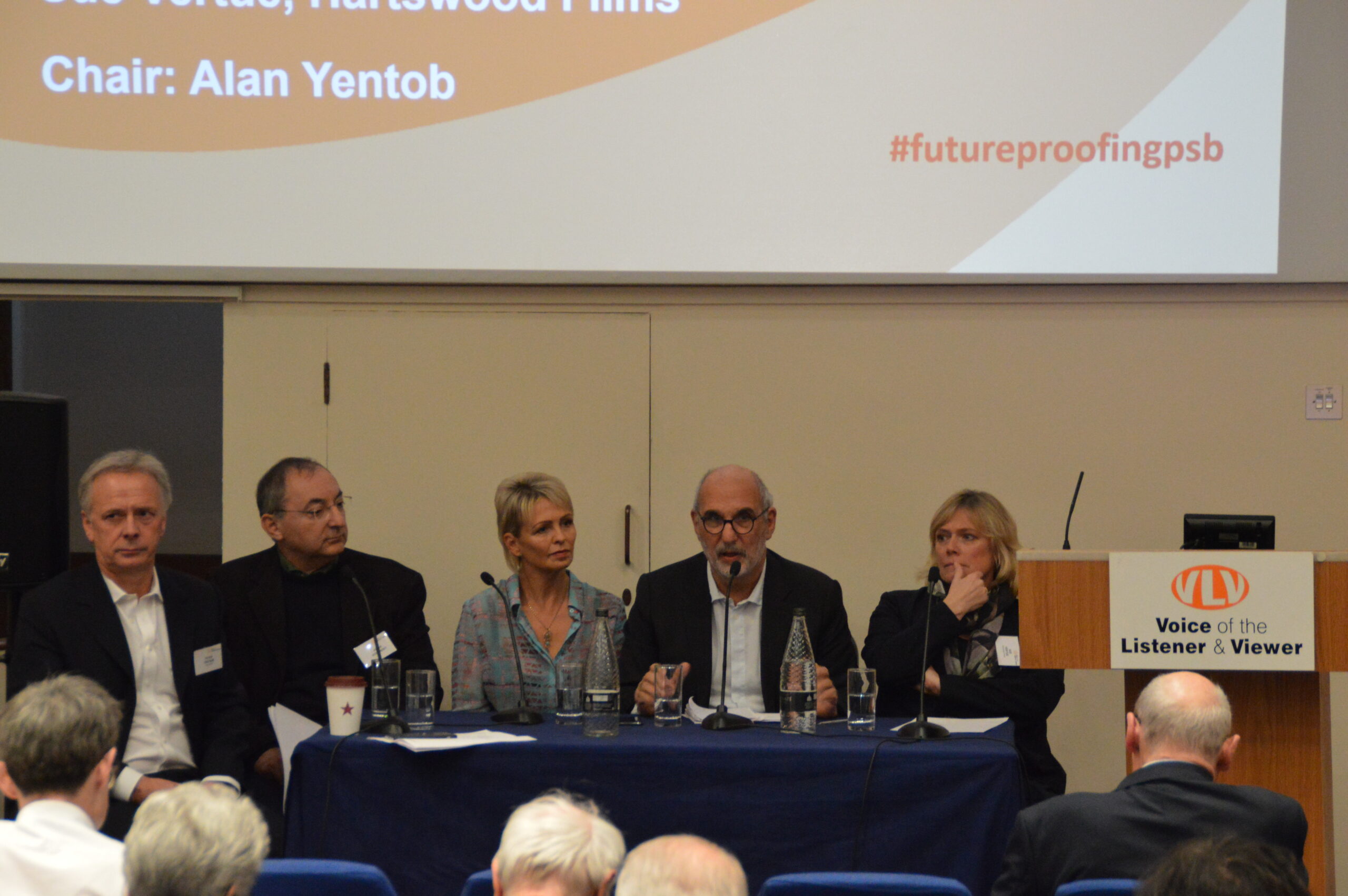
Broadcaster Alan Yentob masterfully chaired this session, joined by writer and director Peter Kosminsky, drama producer Sue Vertue, Cat Lewis, founder of Nine Lives Media, and Peter Fincham, CEO of Entertainment and former Director of Programmes at ITV and Controller of BBC One.
This panel asked whether the rise of the global giants (Netflix, Amazon, Apple etc) is undermining the ecology of UK broadcasting. While they provide welcome extra choice, are these companies, which have huge budgets to spend,creating inflation in production costs and tempting away the talent form the public service broadcasters?
While there were no clear answers to the questions raised, Peter Kosminsky called for the government to consider setting a levy on the streaming video on demand services which could then go to help fund UK public service content. This proposal was welcomed by the audience.
Download the MP3 file below to listen to the debate.
Session 3: Ian Katz, Director of Programmes, Channel 4
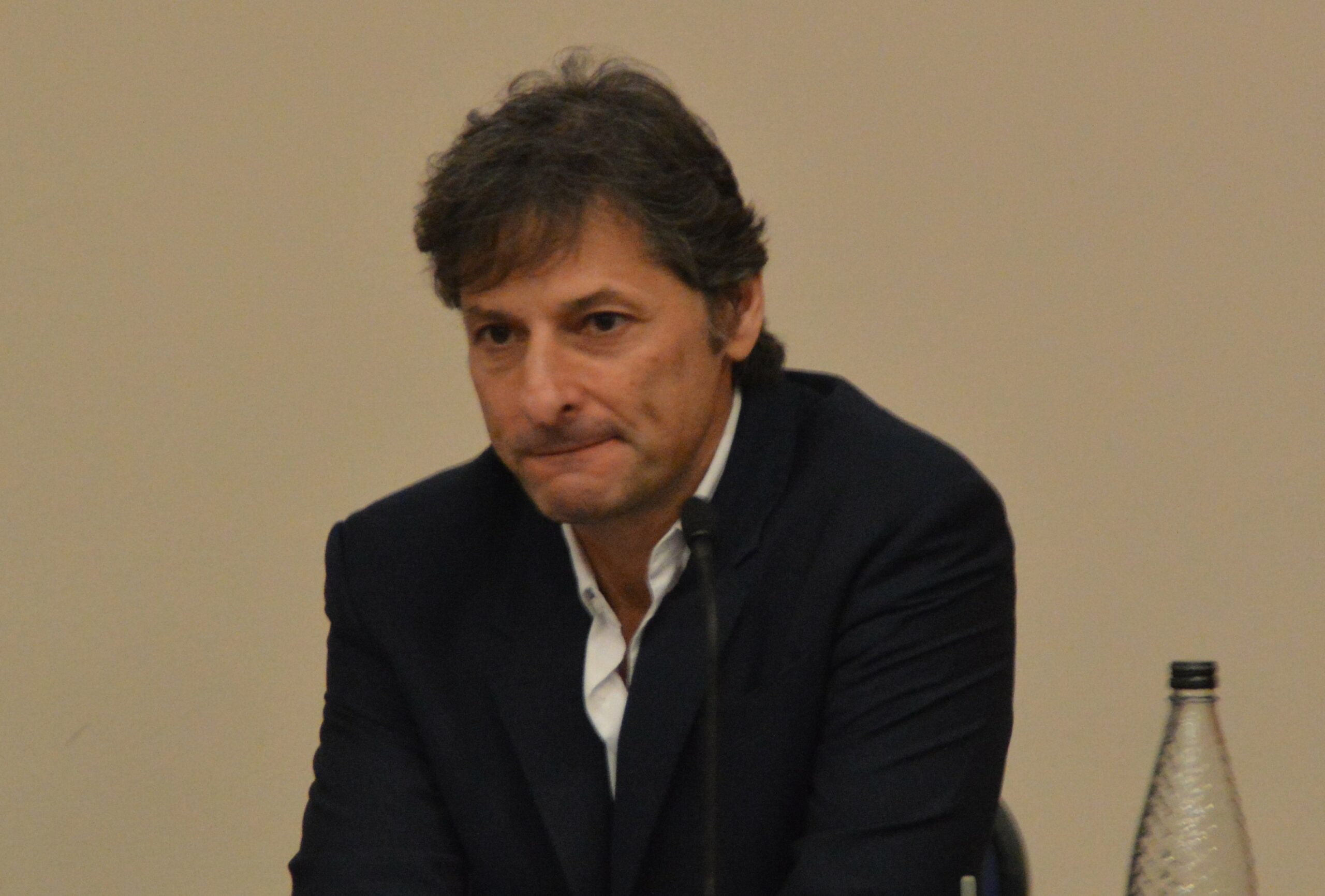
In the third session of the day Ian Katz presented his vision for Channel 4, having been at the corporation for nearly a year. This was an engaging session and it is very apparent that Ian has a clear vision of what Channel 4 should be, focusing on the phrase ‘The Imp in the mechanism’ which was used when the idea of a fourth TV channel was suggested in 1980’s.
Ian wants Channel 4 to be that ‘imp’: to be mischievous and innovative, challenging the mainstream while providing audiences with content they enjoy.
He stressed how important it is that the public service broadcasters remain easy to find. He said that prominence across smart TVs for Channel 4 apps and its channels is going to be crucial if its model is to be sustained.
Download the MP3 file below to listen to Ian’s presentation.
Session 4: Who Sets the News Agenda?
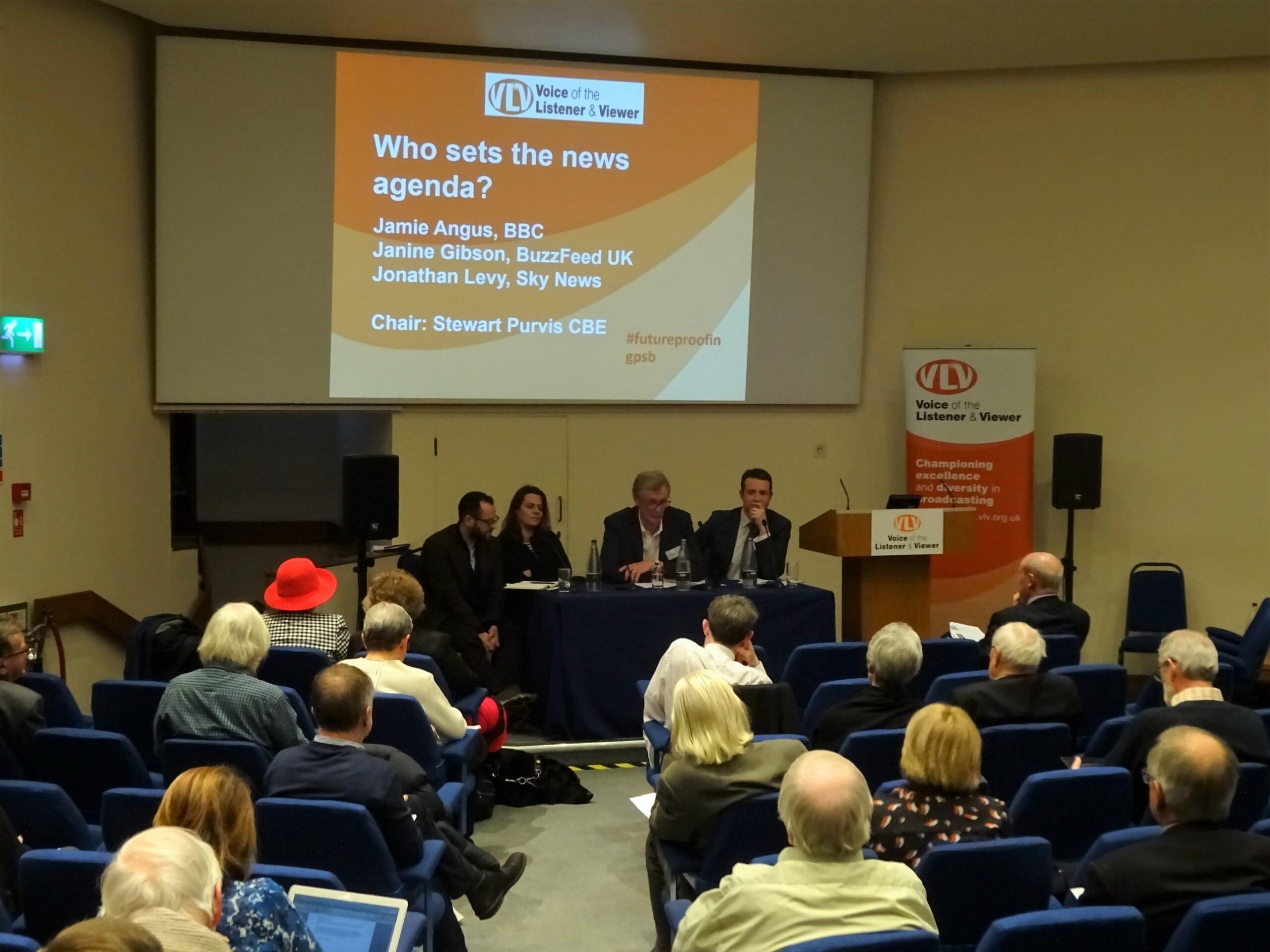
The final panel of the day looked at who sets the news agenda. This came about because VLV was concerned there is a sense that news bulletins have been overly-dominated by Brexit and events surrounding Donald Trump for the past two years.
Stewart Purvis, former CEO and Editor in Chief of ITN chaired this session, joined by Jonathan Levy, Director of Newsgathering at Sky News, Jamie Angus, Director of the BBC’s World Service Group and Janine Gibson, Editor-in-Chief of Buzzfeed. All the speakers stressed that the growth of news on digital and social media platforms has changed the dynamic of news – many people now access news through a range of services and they can pick and choose what they consume.
They higlighted that online content is pitched differently from broadcast content and there is huge potential for a greater range of subjects. Janine Gibson highlighted that BuzzFeed readers mostly receive Buzzfeed content via their friends who recommend it. The audience expressed concerns about how the Brexit debate has been presented in the news and questioned the balance and impartiality of coverage.
Download the MP3 file below to listen to this debate.


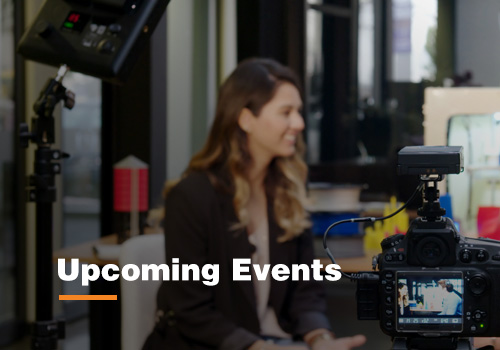



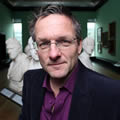

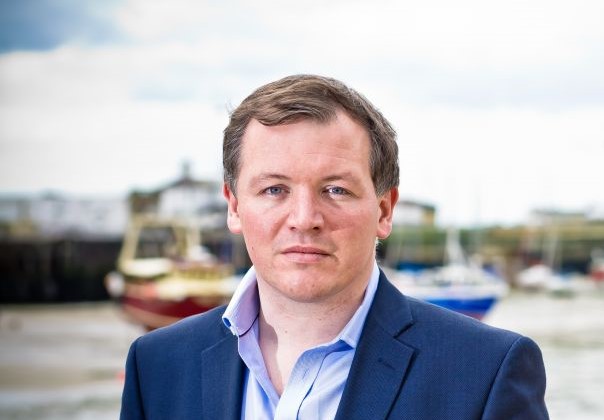
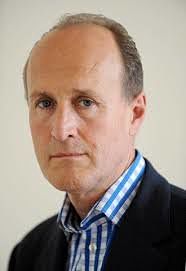
Follow Us